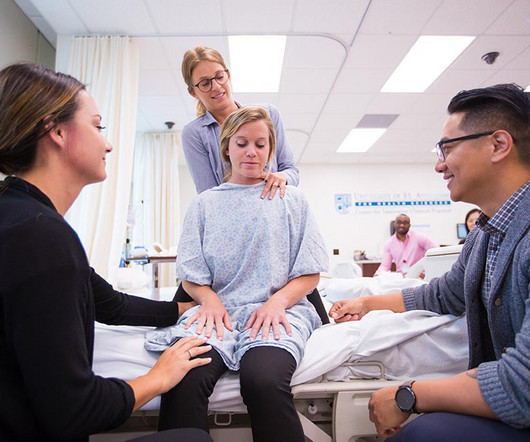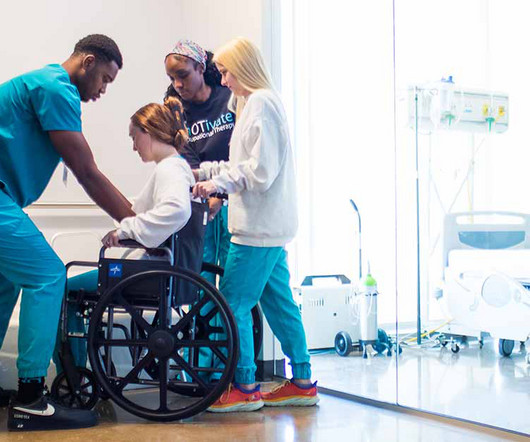How to Become an Occupational Therapist
University of St. Augustine for Health Sciences
FEBRUARY 2, 2024
1 An occupational therapist begins their work by communicating with the patient, teachers, family or caregivers to better understand the patient’s needs. OTs have strong communication skills and know how to work effectively in teams. The most recent data shows that most OTs work in state, local and private hospital settings.











Let's personalize your content